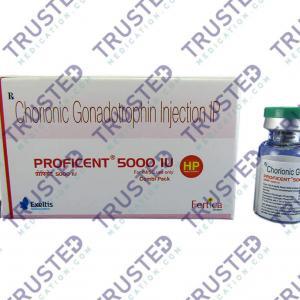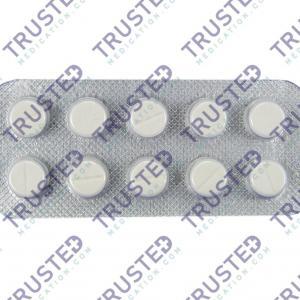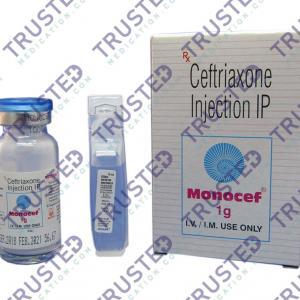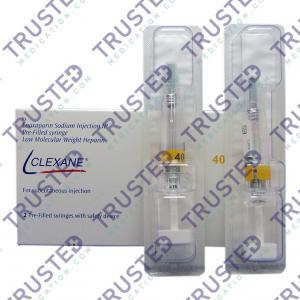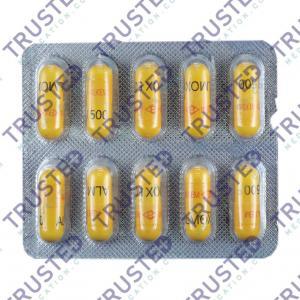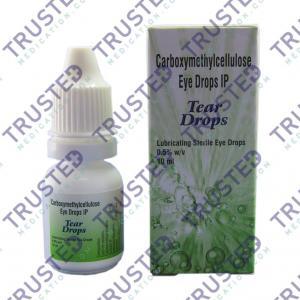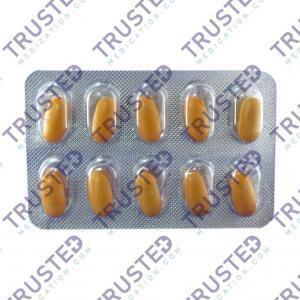
Juvenile Idiopathic Arthritis (JIA) may cause persistent rash and high fever. It can also affect internal organs, such as the heart, spleen, liver, and lymph nodes. This type of arthritis affects boys and girls equally and rarely affects the eyes. The treatment for Juvenile Idiopathic Arthritis will depend on the symptoms, age, and general health.
Juvenile Idiopathic Arthritis Overview

Juvenile idiopathic arthritis is the most common type of arthritis in children under the age of 16. This condition is formerly known as juvenile rheumatoid arthritis.
Juvenile idiopathic arthritis can cause persistent joint pain, swelling, and stiffness. Some children may experience symptoms for only a few months, while others have symptoms for many years.
Some types of juvenile idiopathic arthritis can cause serious complications, such as joint damage, growth problems, and eye inflammation. Treatment focuses on controlling pain and inflammation, improving function, and preventing injury.
Types of Juvenile Idiopathic Arthritis
1. High Fever and a Skin Rash
It may also cause inflammation of internal organs, including the heart, liver, spleen, and lymph nodes. It is the least common type. It affects 1 in 10 to about 1 in 7 children with juvenile idiopathic arthritis.
2. Oligoarticular Juvenile Idiopathic Arthritis
This type affects 1 to 4 joints in the first 6 months of disease. If no more joints are affected after 6 months, this type is called persistent. If more joints are affected after 6 months, it is called extended.
3. Polyarticular Juvenile Idiopathic Arthritis
This type affects 5 or more joints in the first 6 months of the disease. Blood tests for rheumatoid factor (RF) will show if this type is RF-positive or RF-negative.
4. Enthesitis-related Juvenile Idiopathic Arthritis
With this type, a child has arthritis and enthesitis. This is a tissue swelling where bone meets a tendon or ligament. It often affects the knees, hips, and feet.
5. Psoriatic Arthritis
With this type, a child may have both arthritis and a red, scaly skin disease called psoriasis. A child may also have arthritis and 2 or more of the following:
- Inflammation of a finger or toe
- Pits or ridges in fingernails
- A first-degree relative with psoriasis
6. Undifferentiated Arthritis
This is arthritis with symptoms of 2 or more Juvenile Idiopathic Arthritis types above. The symptoms might not match any kind of Juvenile idiopathic arthritis.
Symptoms
Symptoms depend on the type of Juvenile Idiopathic Arthritis and may include:
- Pain, swelling, and tenderness in the joints
- Morning joint stiffness
- Limping gait
- Swollen lymph nodes
- Fatigue or irritability
- Fever
- Rash
- Weight loss
- Eye redness, eye pain, and blurred vision
Causes
Juvenile idiopathic arthritis occurs when the immune system attacks its cells and tissues. It is unknown why this happens, but both heredity and environment play a role.
Treatment
Treatment aims to lessen pain and stiffness. However, treatment will depend on the symptoms, age, and general health. Treatment may include medications such as:
- Nonsteroidal anti-inflammatory medicines (NSAIDs) to reduce pain and inflammation
- Disease-modifying antirheumatic medicines (DMARDs) to ease inflammation and control JIA Corticosteroid medicines to reduce inflammation and severe symptoms
- Medicines called biologics that interfere with the body’s inflammatory response
Other treatments and lifestyle changes may include:
- Physical therapy to improve and maintain muscle and joint function
- Occupational therapy to improve the ability to do activities of daily living
- Nutrition counseling
- Regular eye exams to find early eye changes from inflammation
- Regular exercise and weight control
- Getting enough rest
- Learning to use large joints instead of small joints to move or carry things
Recommended medication:
- Dexamethasone –this is a corticosteroid that amends the immune system’s response to pain and inflammation. The drug suppresses the immune system and reduces inflammation.

